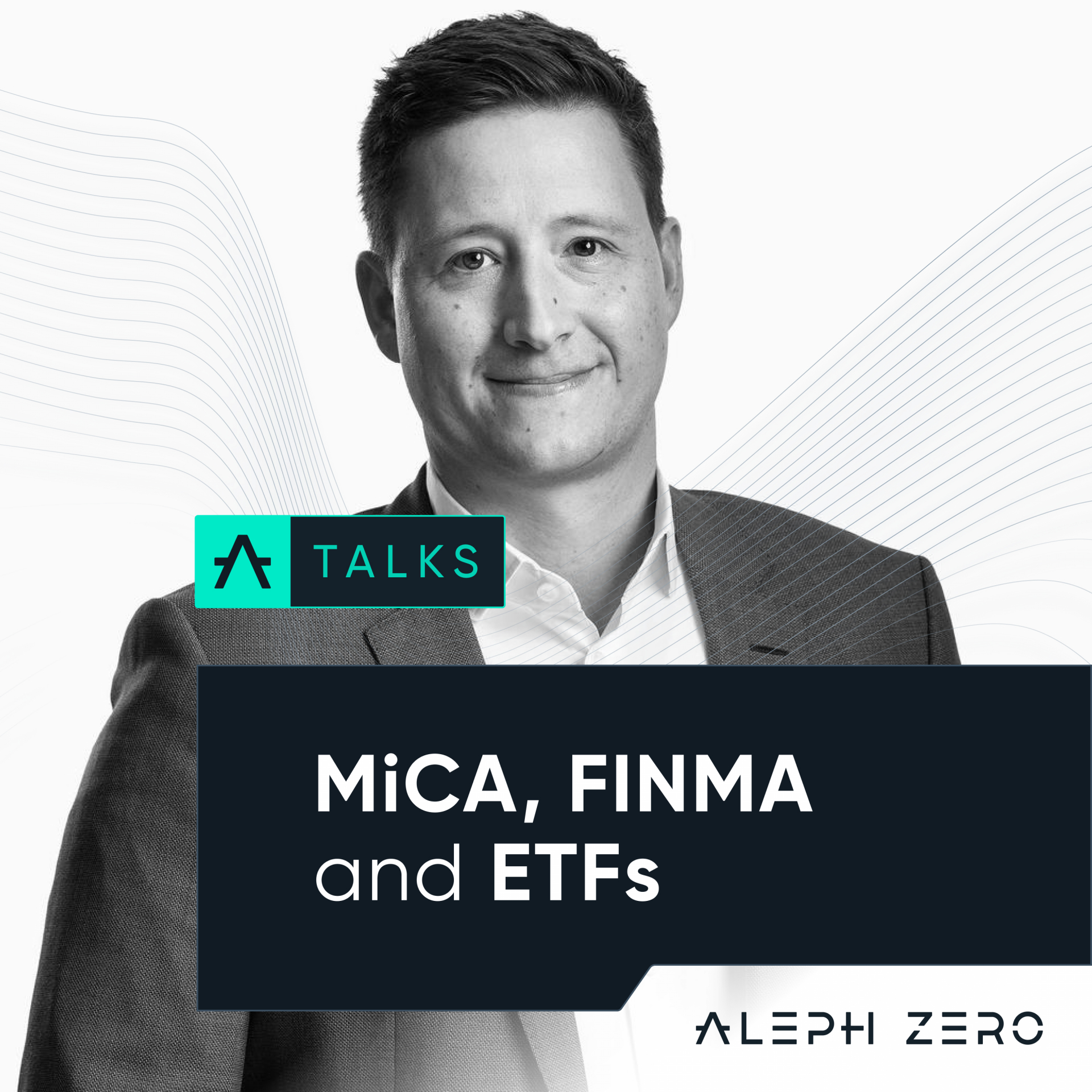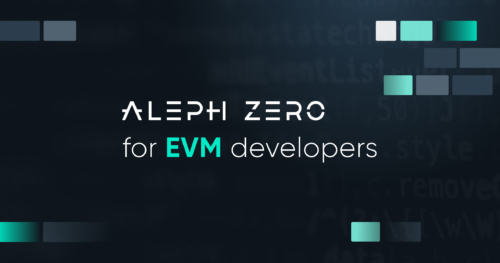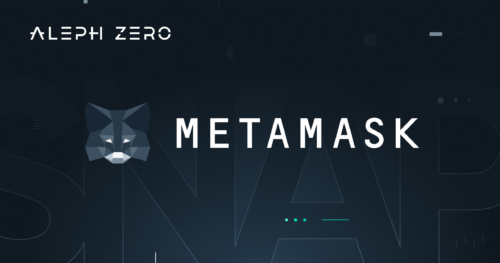MICA, FINMA, and ETFs: Discussing Web3 Regulations With Michael Kunz. Podcast Key Takeaways.
Mar 29, 2024
In the newest episode of the Aleph Zero Podcast, we met up with Michael Kunz, legal partner at MME, to discuss the challenges facing the crypto space from a regulatory perspective and how he believes more regulation will help bring the industry into the mainstream.
Listen to the episode on the platform of your choice
TL; DL
Too Long; Didn’t Listen
- MME is an innovative law firm that excels in providing legal and tax aid for digital asset providers.
- MME was involved in setting up the Ethereum Foundation and pioneering ICOs during the ICO craze.
- Michael Kunz believes the crypto space has matured in recent years as an asset class, and mainstream institutions’ acknowledgment is proof of that.
- Setting an example for modern economies is Switzerland’s approach to crypto regulation:
- Switzerland historically has unintrusive regulations.
- Strong federalism allows states to experiment and find the best solutions through trial and error.
- Financial market authorities have been supportive of crypto.
- ICO guidelines introduced clarity in classification (asset tokens, payment tokens, utility tokens).
- FINMA’s approach is non-interventionist, avoiding unnecessary hurdles.
- Switzerland updated existing laws to encompass the novel crypto asset class rather than creating new ones.
- They aim to fill gaps in regulations for crypto without creating conflicts with other laws.
- MiCA and European law:
- MiCA is designed to create a unified market for crypto offerings and services in the EU.
- This is a massive step toward a unified global regulatory framework.
- During the episode, a spotlight was also thrown on Asia, as it is becoming a dynamic hub for crypto activity:
- Asia, especially Japan and Singapore, is becoming crypto-friendly.
- There’s a growing focus on conferences and projects in Asia.
- Additionally, during the discussion, some of the most pertinent challenges facing the space were addressed, such as:
- Balancing regulation with innovation is a primary challenge so that the former does not stifle the latter.
- Education is crucial for adoption so that new users understand the security risks and how to avoid the traps waiting for users in Web3.
- Different generations have different levels of fluency with blockchain and crypto.
- There is a difference between how Europeans and Americans view matters of privacy. Privacy-preserving laws in Europe are designed to protect users from private entities, whereas those drafted in the United States are more likely to be anti-governmental.
- AML and KYC laws should be implemented in such a way as not to hinder mass adoption and innovation.
- Privacy and compliance should also be regulated so as to provide users with privacy-preserving solutions that appease an individual’s need for privacy while also ensuring that in the event of suspicious activities, law enforcement has the tools to do their job.
MME: Pioneers in the Crypto Legal Space
In the ever-changing world of digital assets, legal and tax considerations are instrumental in shaping the industry’s trajectory as it prepares for mainstream and institutional adoption. This subject has always been close to the Aleph Zero Foundation, which explains the ongoing collaboration between Aleph Zero and MME, a law firm that is at the forefront of this field. MME is renowned for its innovative approach to providing legal and tax aid for digital asset providers, which is why we were thrilled to invite Michael Kunz, legal partner at MME, to discuss crypto regulations on the Aleph Zero Podcast.
MME boasts a rich history of involvement in groundbreaking initiatives within the crypto realm; as Michael mentioned, the firm played a significant role in establishing the Ethereum Foundation and spearheading Initial Coin Offerings (ICOs) during the ICO craze. Since that time, the crypto space has matured significantly, slowly but surely gaining acknowledgment as a legitimate asset class by mainstream institutions—a testament to its growing importance in global finance.
Switzerland’s Crypto-Friendly Regulatory Environment
One of the reasons why the Aleph Zero Foundation, as well as many other projects associated with the “Crypto Valley,” decided to be set up in Switzerland is the innovation-first approach and pragmatism that distinguish Swiss law. Michael notes that historically, the country boasts unintrusive regulations and a culture of federalism that inspires experimentation. The country’s Financial market authorities have notably supported crypto ventures, providing clarity through ICO guidelines and adopting a non-interventionist stance that avoids unnecessary hurdles for industry players.
MiCA and the Path to EU Regulatory Unity
The Markets in Crypto-Assets Regulation (MiCA) represents a significant milestone in the European Union’s journey to provide a unified regulatory framework for crypto offerings and services. One of the greatest advantages of this document is the way in which it will end the need for Web3 entities to navigate every union member’s individual legal system. This development marks a substantial step towards establishing a unified global regulatory standard for digital assets.
Asia: A Dynamic Hub for Crypto Activity
The spotlight on Asia in the crypto landscape has intensified recently, with countries like Japan and Singapore proving themselves to be crypto-friendly jurisdictions. Speaking from his own experience of conversing with Web3 industry leaders, Michael observed that the interest in the Asian market is growing dynamically. Unsurprisingly, MME has offices in Zurich and Singapore.
Addressing Key Challenges in the Crypto Legal Sphere
Despite the significant progress made by the Web3 space in recent years, several challenges persist. Balancing regulation with innovation remains a primary concern, as there is such a thing as over-regulating a sector. This is especially crucial when dealing with privacy-preserving technologies that are important for creating a new model of the Internet where individual users can own their data. Yet, governmental concerns should also be addressed at the same time, such as the fear that malicious actors can use these technologies. Despite AML/KYC regulations being proposed as a solution, Michael stresses that these kinds of laws must be drawn up in such a way as not to stifle the space’s development.
Additionally, Web3 solutions require a new kind of internet user who understands the risks, as users must be equipped with the knowledge to navigate the complexities of Web3 securely. This is a stumbling block towards mass adoption as the current level of risk associated with Web3 use is acceptable for a niche group of users. However, this level of responsibility will not scale to entire populations for whom the centralized solutions provide much greater safety. During the episode, Michael shares a metaphor for blockchain’s level of adoption by breaking it down into three levels:
- Esperanto- theoretically available to everyone but functionally dead.
- Linux- available to every user yet still only used by a niche group.
- The Internet- available to practically everyone and used by everyone.
Currently, Web3 solutions are at the Linux level of adoption.
Moreover, differing perspectives on privacy and compliance between regions add another layer of complexity to the discussion on regulations. Europe prioritizes privacy-preserving laws to safeguard individuals from private entities, the greatest example of which is the GDPR. In contrast, the United States tends to lean towards privacy as a right aimed against the government. In the coming years, finding a balance between these perspectives, creating intuitive designs, and educating the public on Web3 innovation will be paramount for the ongoing adoption of the space.
Listen podcast

EP. 28 MiCA, FINMA and ETFs: Discussing Crypto Regulations With Michael Kunz (MME)
In this episode, we'll be meeting up with Michael Kunz, partner at MME, to discuss the importance of regulations for the crypto landscape, how Switzerland has been at the forefront of Web3 legal solutions, and what benefits we can expect from the European Union's introduction of the MiCA framework for the development of the virtual asset space.


